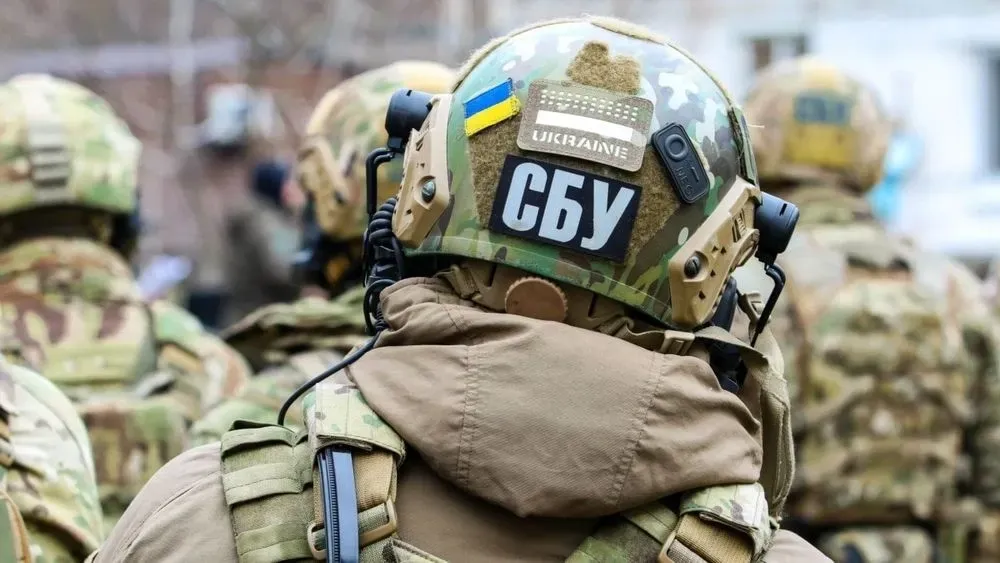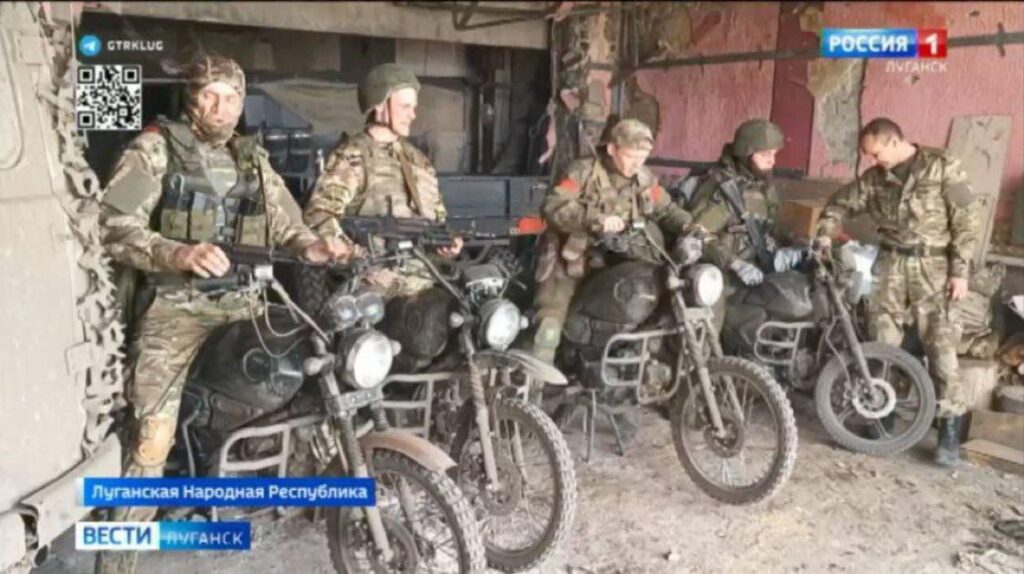Europol dismantles pro-Russian cyber army flooding Ukraine and its allies with attacks

A global law enforcement campaign has dealt a blow to the pro-Russian cyber army known as NoName057(16). Europol confirmed that about 20 countries helped dismantle the network behind thousands of attacks on Ukraine’s supporters.
Europol targets ideological cyber group tied to Russia’s war
Europol reported that between 14 and 17 July, authorities from 12 countries launched Operation Eastwood. Europol and Eurojust coordinated the joint crackdown. The effort reportedly dismantled major parts of the pro-Russian cyber army’s infrastructure, including hundreds of systems.
Germany issued six arrest warrants for suspects based in Russia. Two are accused of leading the group’s activities. Spain issued another arrest warrant. France and Spain also reported one arrest each. All suspects are internationally wanted.
Authorities carried out 24 house searches and questioned 13 individuals across Europe. In Spain alone, 12 searches took place. Investigators also notified over 1,000 individuals believed to support the cyber group. Fifteen of them were administrators.
Attacks tied to political and military events across Europe
Other attacks struck during the European elections. Swedish government and banking websites were affected. In Switzerland, NoName057(16) launched attacks in June 2023, during a speech by Ukraine’s president to the Joint Parliament. Another wave occurred in June 2024 during the Peace Summit for Ukraine at Bürgenstock.
The most recent attack linked to the group targeted the NATO summit held in the Netherlands in June 2025. Europol notes that although the attacks caused disruption attempts, none led to substantial outages.
Recruitment tactics built on crypto rewards and gamified propaganda
Europol identifies NoName057(16) as an ideological cyber network that operated without formal leadership. The group recruited mostly Russian-speaking sympathizers, many with little technical knowledge. Its structure relied heavily on gamified propaganda and incentives.
Volunteers received cryptocurrency payments and recognition through online shout-outs, badges, and leaderboards. Europol notes this method especially appealed to younger users who felt emotionally involved in Russia’s political narratives.
To simplify participation, NoName057(16) distributed guides and tools like DDoSia. Europol also launched a prevention campaign warning suspected supporters of their criminal liability, delivered via the same communication platforms.

